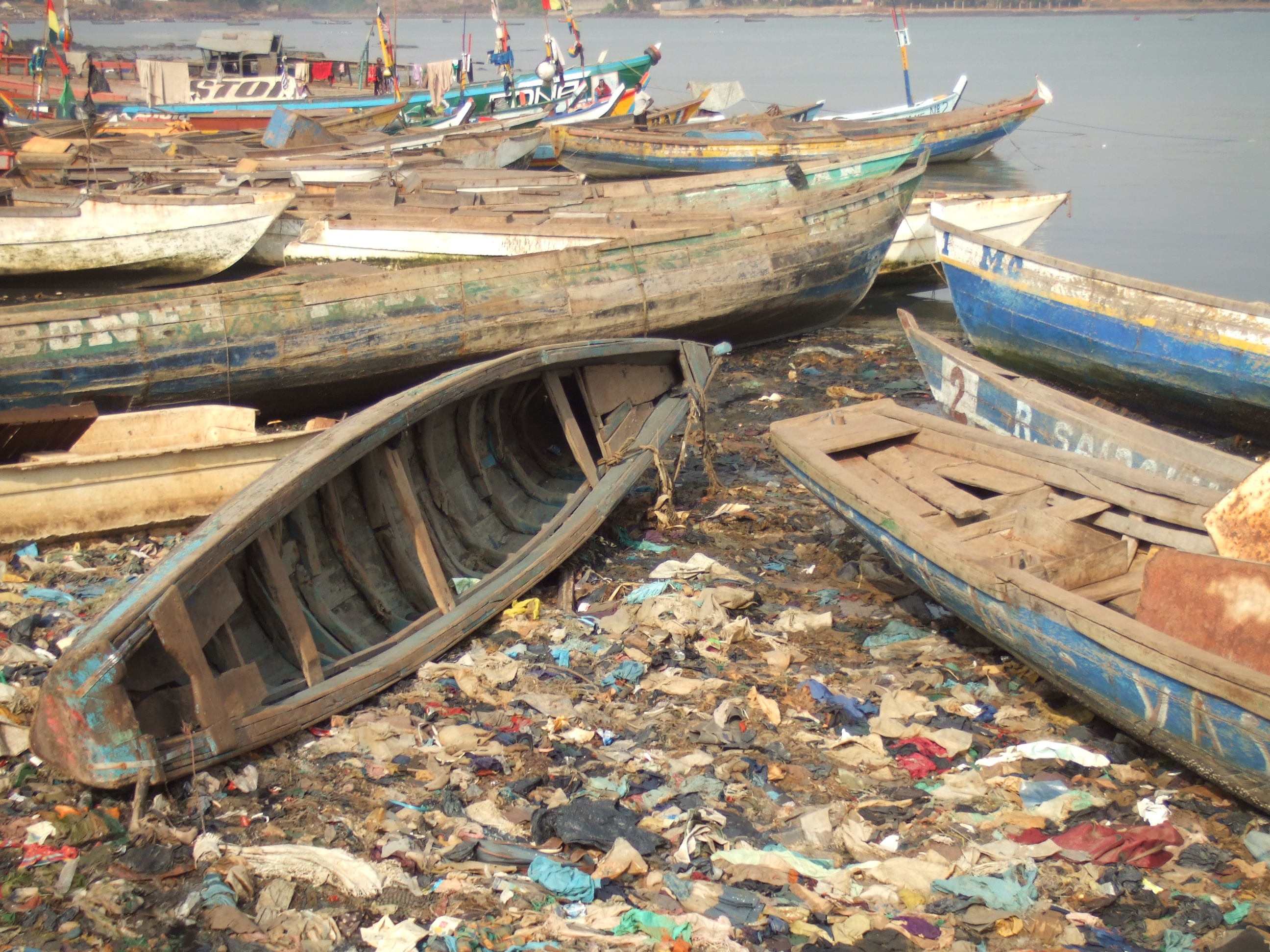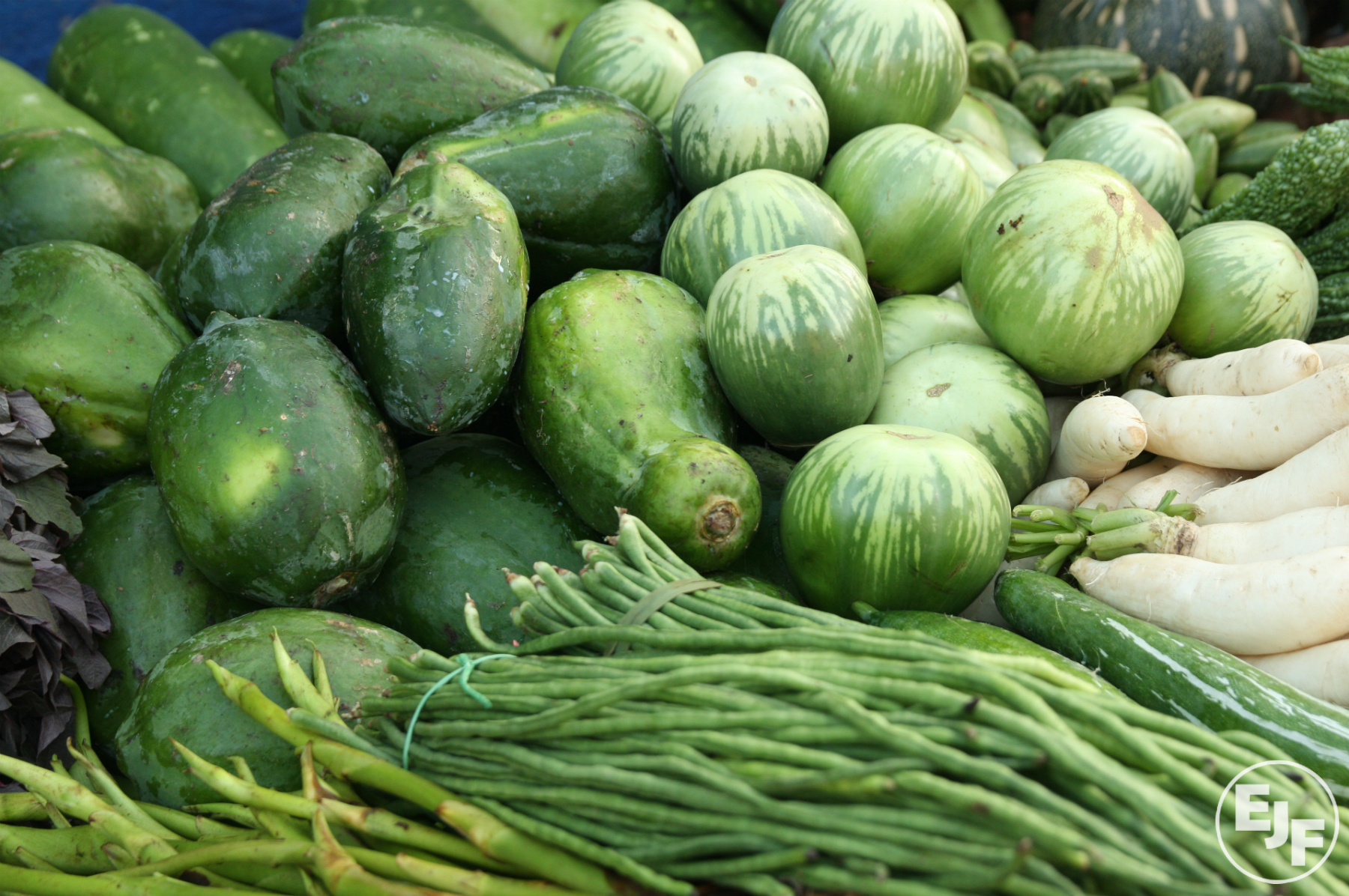
UK plastics pact is promising but there is a long way to go
More than 40 companies have signed up to a pact to cut plastic pollution over the next seven years. The voluntary commitment, which is a world first, is a positive sign that businesses are willing to listen to people around the UK, and globally, who are demanding a cut in plastic waste.
While EJF welcomes the plastics pact as a step towards tackling the problems of plastics, this is not a solution. The focus of the pact is on producing recyclable materials, not reducing the production and consumption of plastics. Action needs to be taken sooner than the pact’s deadline of 2025 through need a coordinated approach between business and government. Disjointed efforts that to not address the root of the problem will not succeed.
We need to create fast, deep and large scale change toward a circular economy, an economy that quite simply does not rely on a throw-away culture. Legislation is needed to make this happen, and voluntary agreements such as the plastics pact should not serve as a replacement.
Almost 12 million tons of plastic enter our oceans each year, causing havoc on ocean wildlife and ultimately ending up in the seafood we eat.
Plastic is incredibly durable and can stay in the environment for hundreds of years. As it breaks down it finds it’s way in to the food-chain and the stomachs of birds, fish and mammals – including us.
A third of UK-caught fish, including cod, haddock, mackerel and shellfish, have been found to contain plastic. It is estimated that consumers of shellfish are also ingesting up to 11,000 tiny pieces of plastic each year.
These materials accumulate over time in wildlife and in humans and the chemicals in plastic have been linked to a potential increase in human health risks, including cancer, diabetes and fertility problems.
Solving the problem of plastic waste must go further than creating biodegradable and recyclable packaging. We must address plastic production and consumption. Crucial is that the rush to replace plastic does not lead to unsustainable or otherwise polluting replacements that also contribute to global environmental problems.
The average straw is used for 5 minutes, and whilst producing this from sustainable materials might be an improvement, it is essential that the number of straws being used at all drops. In the UK it is unclear how many straws are currently being used each day but figures range from a minimum of 8.5 billion to 42 billion.
The plastic pact is a good start, but the effort to cut out plastic pollution must not slow down and, crucially, we need to make sure the absolute need to reduce use and create a circular economy is not lost in the celebration of successes in creating recyclable alternatives.
Play your part in cutting plastic waste by supporting EJF to campaign for change.

